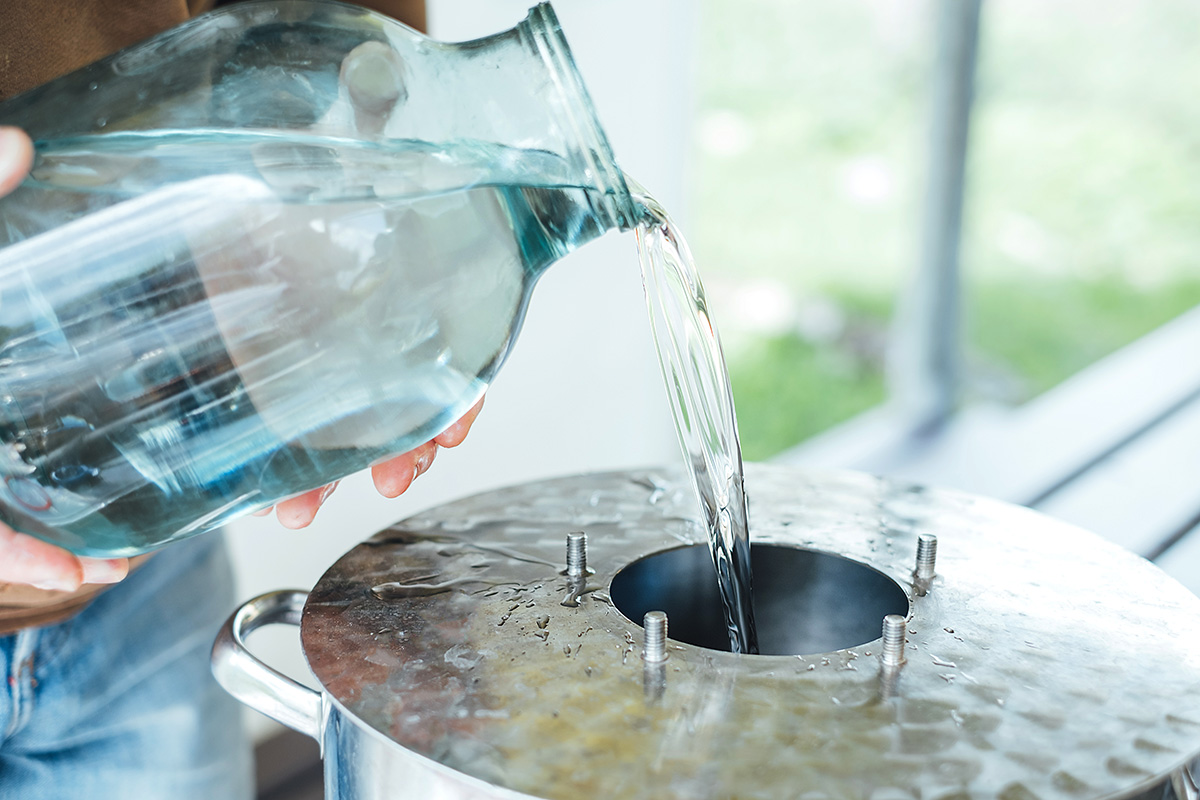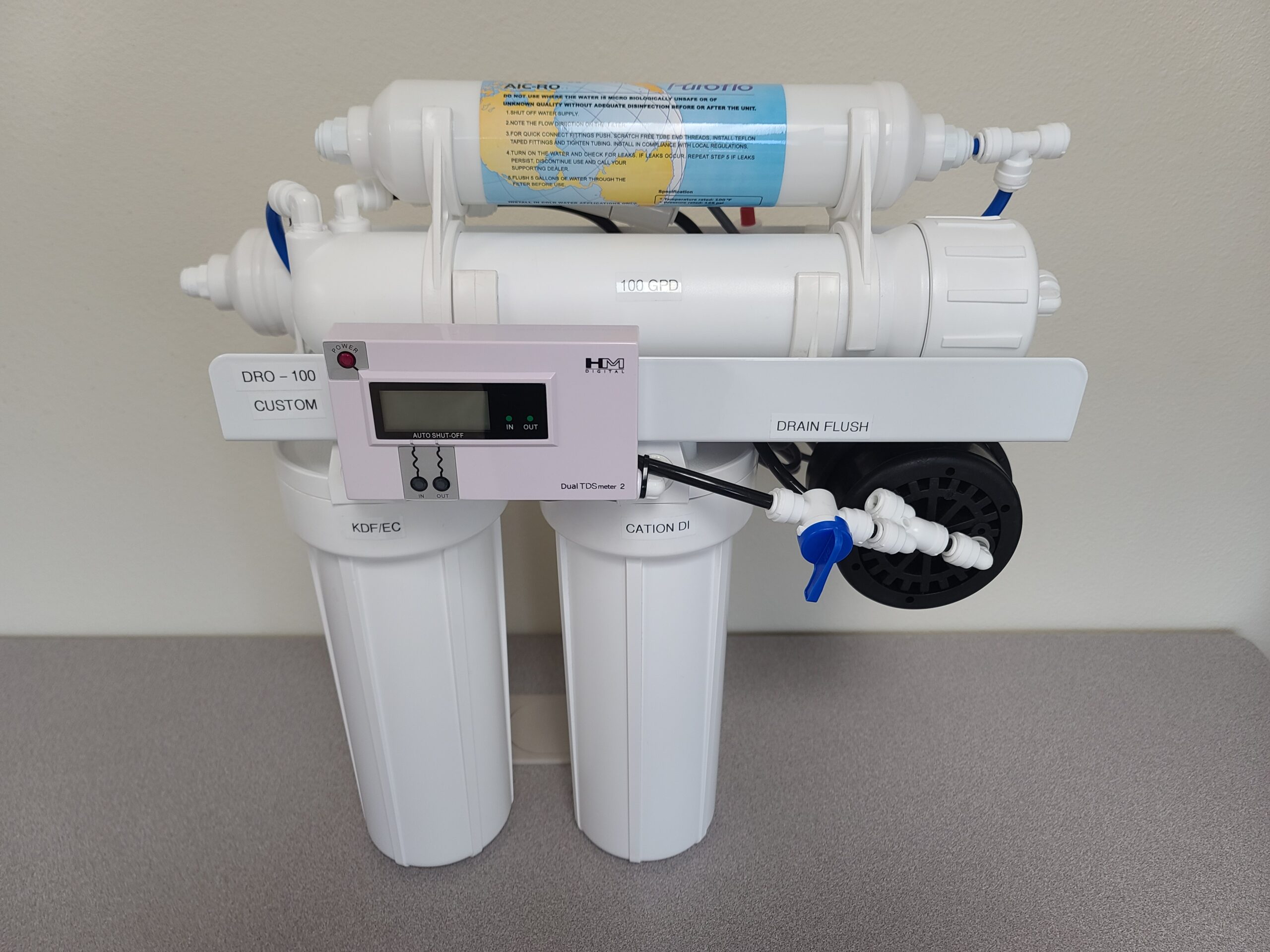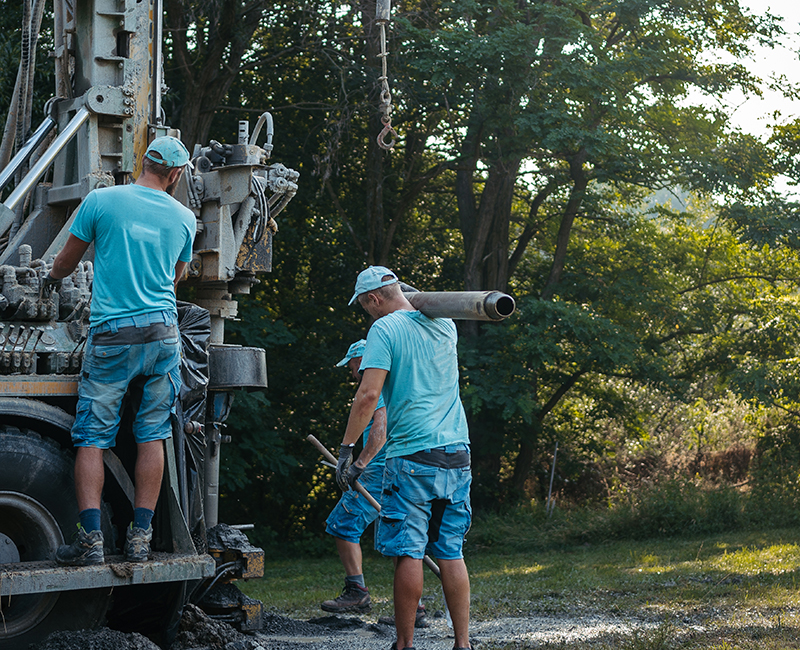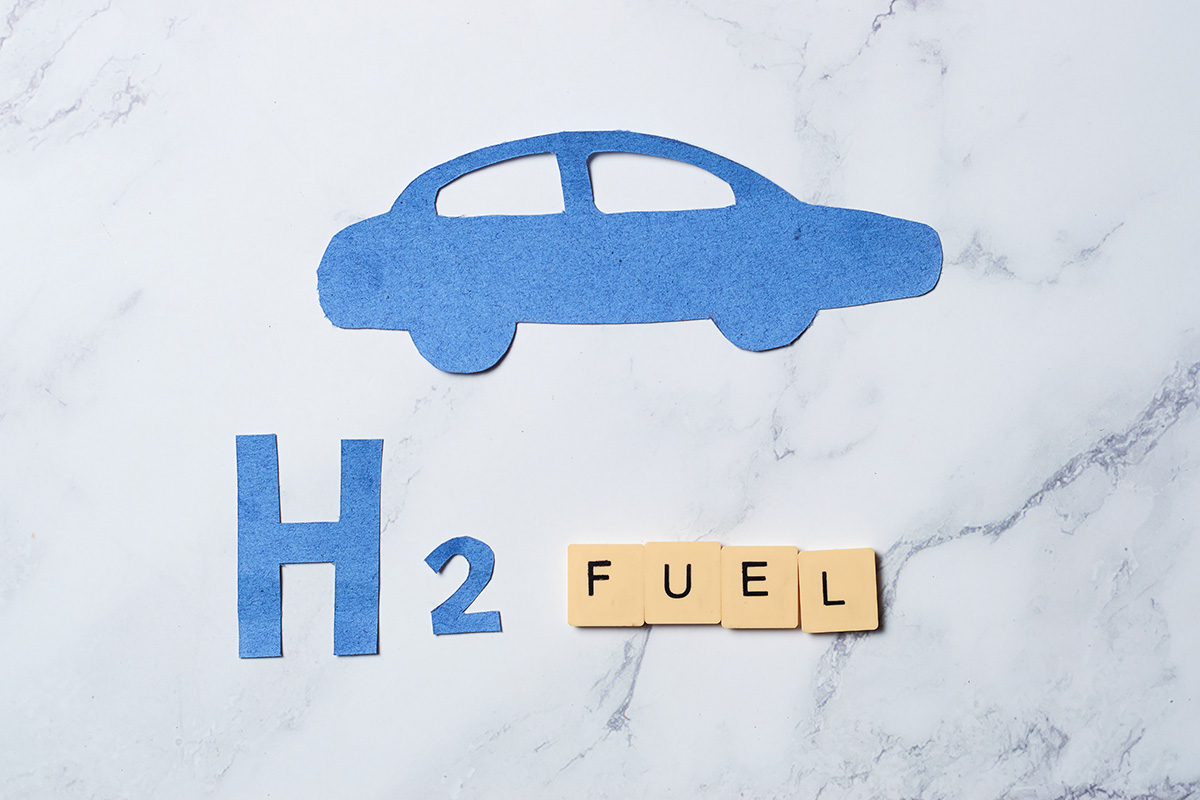Nowadays, many businesses such as car washes are facing water treatment issues that include an ever-increasing demand for high-quality water. You might be surprised to learn that as well as having good quality maintenance carried out on the interior of your vehicle, at somewhere like Landmark which specializes in BMW repair in Bellevue, you also need to look after the exterior of your car if you want it to perform at its best level. This explains why there is now a new demand for car washes to improve the quality of water they use. Treatment and handling regulation compliance are major issues confronting many segments of the market. Water treatment technologies employed for businesses include a wide range of filters, nanofiltration, reverse osmosis systems, sulfate/nitrate removal units, UV systems, and water softeners.
Car washes, for example, are major water-consuming businesses and will require proper water treatment, in order to save water and provide the best results for their clients. A water softener takes less soap to break the bond between the dirt and the vehicle, making it a great water treatment system to consider.
Reverse Osmosis Systems for Car Washes
The wash-rinse cycle is done in 2 steps: the initial rinse and final rinse. The majority of car washes today use reverse osmosis systems to take the minerals out of the water. The final rinse uses water processed through reverse osmosis and by taking the dissolved solids or most of the dissolved solids from the water, they end up with a spot-free water.
In most cases, RO requires a minimum of 3 gallons of waste to 1 gallon of product water. Wastewater is required to carry the minerals away from the membrane so they will not clog up and stop producing mineral-free water. Most car washes blow the excess water with high-velocity air, but there are those who advertise the hand wash and there they have people with towels and shammies that take the water off, and, in both cases, the quality of washes greatly improves. There are other advantages as well, if anything happened to your car, the insurance would cover it. Insurance 4 MotorTrade can provide some insight into how these policies would work.
Industrial water in a car washing installation can be microbiologically contaminated so both personnel and customers need to be protected against a possible health endangerment.
Dime Water’s RO systems produce ultra pure water, which can be used to flush away marks in the car wash. Also, RO treated water leaves no line marks on the car lacquer while it dries up.
Washing cars out on the street has been restricted for a long time in many communities for ecological considerations. Washing water will end up in soils poses a threat to groundwater because it contains oils and lubricants, heavy metals, suspended matter, tar, and microorganisms.
For the disinfection of the water, the following procedures are most commonly used:
- ozonization
- UV treatment
- peroxide treatment
- thermal treatment
Water softeners, backwashing carbon filters, and backwashing turbidity filters can also be used in the car washing industry. We provide a wide range of award-winning water recycling solutions that are engineered considering our clients’ needs.
We can help you reduce your water and trade waste costs with systems that pay for themselves through savings. Our systems are durable and compact, built to last and provide guaranteed performance for your car washing business. Dime Water has the knowledge to provide any business with a tailored solution. Call us at 760.734.5787 and get in touch with one of our water experts today!
Resources:
- Brown, C. (2000) Water Conservation in the Professional Car Wash Industry










